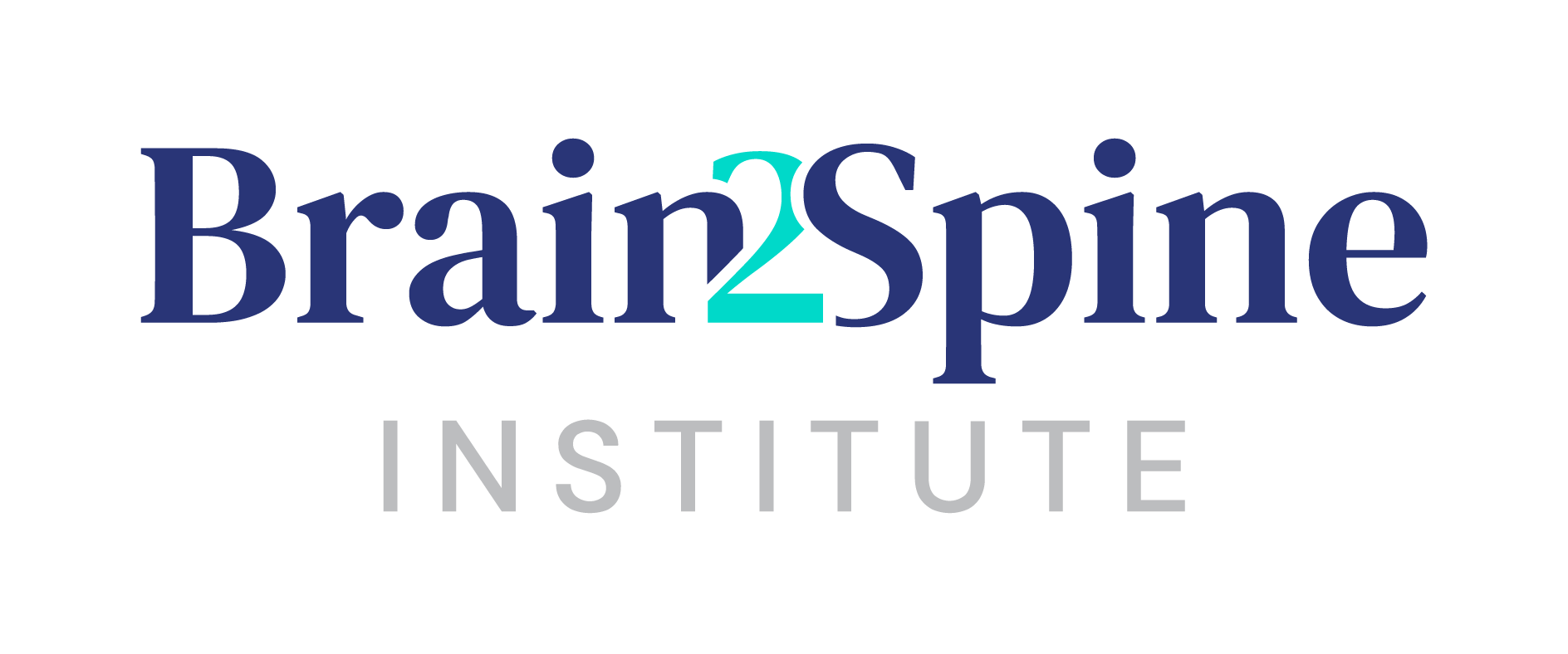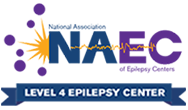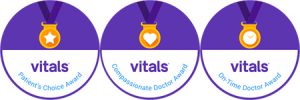Arteriovenous malformations (AVMs) are rare abnormalities of the blood vessels in the vascular system. These defects can occur in either the veins, capillaries and arteries, causing ongoing issues with blood circulation. AVMs have been observed in various areas of the body, but some are present in the brain and spinal cord, causing seizures and chronic headaches.
AVM Symptoms
Symptoms of AVMs depend on their location, size and size of the blood vessels affected. Some patients may not have any noticeable symptoms while others will have severe, sometimes debilitating symptoms. All AVM symptoms depend on their location.
Symptoms of Brain AVMs:
- Seizures
- Headaches
- Confusion
- Bleeding in the skull
Symptoms of spinal cord/limb AVMs:
- Muscle weakness
- Inability to move certain limbs
- Loss or lack of coordination
Symptoms of organ/chest/abdomen AVMs:
- Pain in the abdomen
- Back pain
- Chest pain
Symptoms of AVMs in children under the age of 2:
- Congestive heart failure
- Seizures
- Hydrocephalus (fluid in the brain that causes swelling)
AVM Causes
The exact cause of AVMs is not known, but most cases are congenital, meaning they occur in the womb or shortly after birth. In such cases, symptoms often appear as the child ages.
AVM Treatments
Treatment plans will vary depending on the patient’s age, condition and physical health. In treating AVMs, the focus is on preventing internal bleeding as this can lead to stroke or even death. Managing high blood pressure, avoiding blood thinners and maintaining regular appointments with a neurologist can help make living with an AVM more manageable.
For a comprehensive evaluation from the experts at Brain2Spine Institute, call 727-828-8400.
If you have suffered a severe brain injury, join the Tampa Bay Brain Injury Support Group, an inclusive community of brain injury survivors and caregivers.






